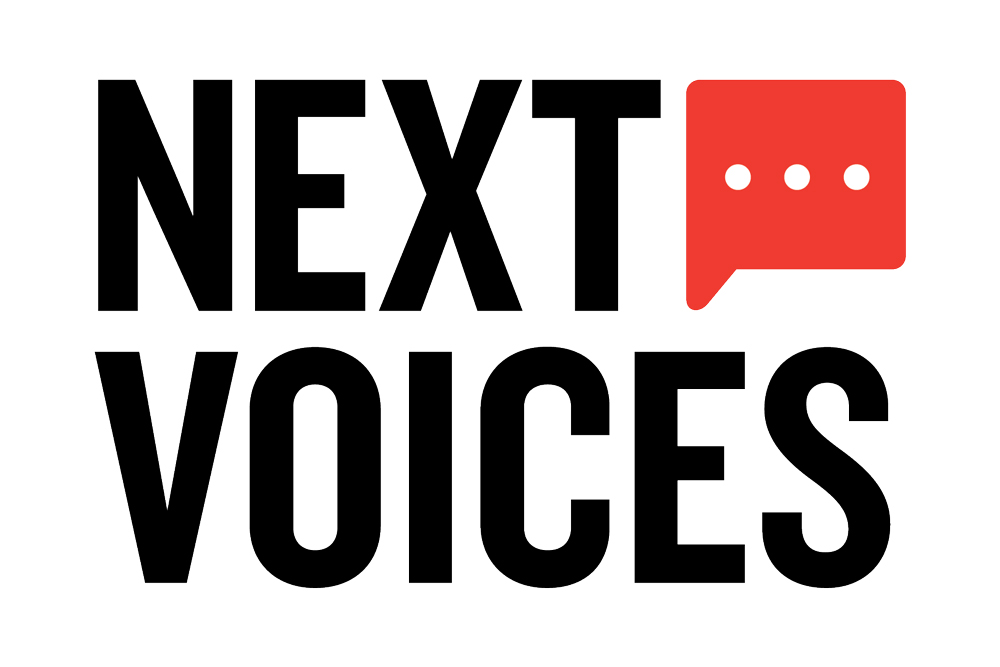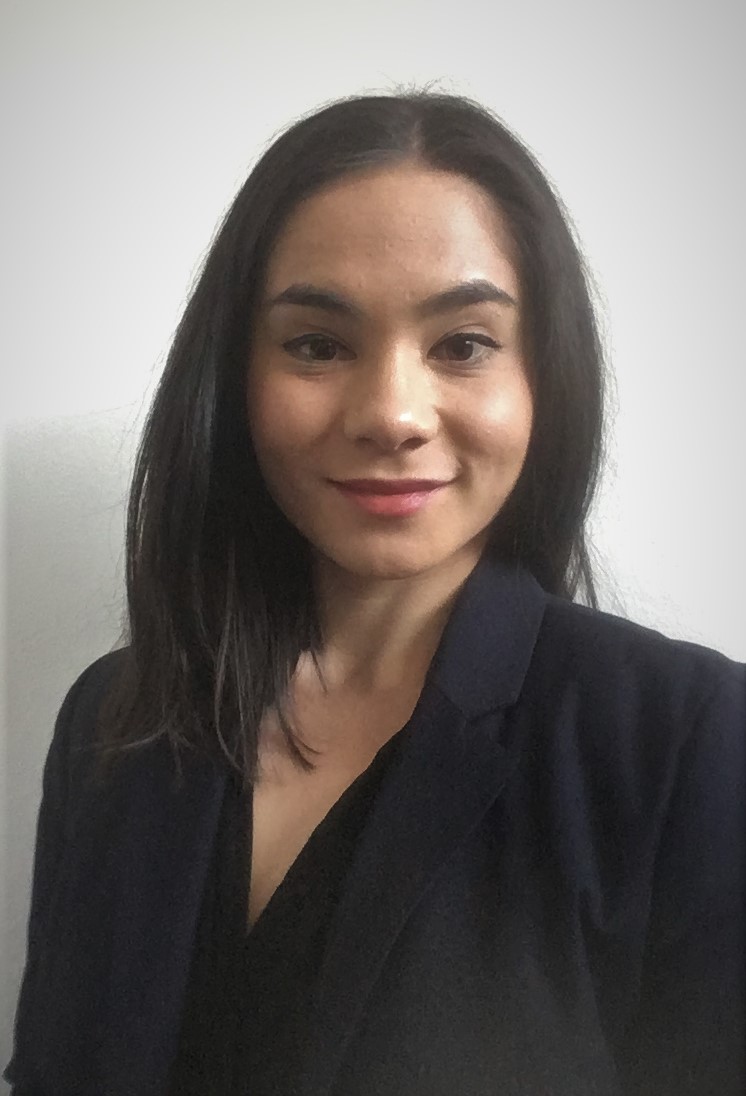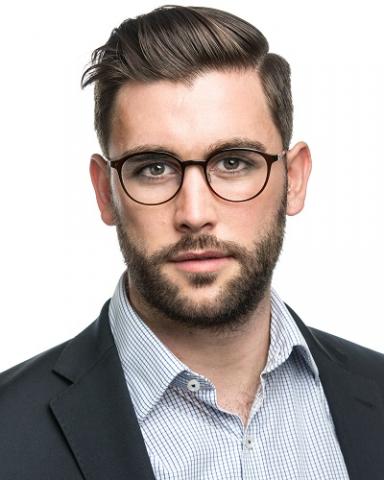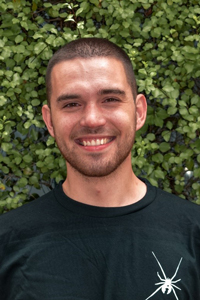
Meet the Next Voices: Our Sphere of Influence winners – Philippa Louey, Alastair Davis, Dominic Simonelli and Dom Dwyer
Philippa Louey

Tell us a bit about your piece.
My article critiques the integrationist policy that underpins Australia’s “Pacific step-up”, arguing that it is outdated, inappropriate and unwanted by Pacific island nations. The idea came after reading the 2017 Foreign Policy White Paper, which surprised me with its explicit vision for regional integration. While such a vision might have been welcomed by Pacific island leaders in the 2000s, these leaders have been conspicuously silent on the matter over the last decade. If visions for regional integration are not welcomed by our Pacific neighbours, one must ask: is an appropriate policy foundation for our Pacific step-up?
How could Australia improve relations with its Pacific island neighbours?
It has been said many times before, but quite simply Australia must listen to, respect and collaborate with our Pacific island neighbours. With more partners to choose from and the emergence of an increasingly assertive “New Pacific Diplomacy”, Pacific island states have made it clear that they will no longer tolerate being “talked at” by Australia. If we want to maintain positive relationships with our neighbours, we must start listening.
Who are Australia’s best foreign policy thinkers?
Greg Fry, Sandra Tarte and Joanne Wallis are some key thinkers who have shaped how I understand Australian foreign policy in the Pacific.
What is the most significant foreign policy challenge confronting Australia today?
I believe that Australia needs to have the difficult conversation of how we navigate our relationship with the United States and China. While we have long considered the United States to be our principal security partner, its increasing isolationism raises serious questions about whether we can rely on it for military assistance in times of need. Given Xi Jinping’s global ambitions, Australia needs to consider seriously how we relate to these two large powers and develop a clear, long-term foreign policy strategy.
What are you working on now?
I’m in the final stages of an honours thesis examining the strategies that South Pacific states are using to navigate their relationship between Australia and China amid perceptions of increasing large-power competition. After this, I will take a hiatus and relax for a couple months! Next year I hope to start looking at options for further study.
Where can we read more of your work?
I also have a passion for contemporary art and have written a couple of articles that have been featured in Framework, UNSW Art and Design’s arts and literary journal.
You can read Philippa Louey’s Next Voices piece, “A Pacific Overstep”, here.
Dominic Simonelli

Tell us a bit about your piece.
My article is the result of something I’ve been ruminating on for a while – the once-colonised Indonesia becoming the coloniser of the Papuans. Over the last few decades Australian governments have made an inherent value judgement by prioritising cooperation with Indonesia over the welfare of West Papuans. One cannot help but make comparison to East Timor and the Howard government’s decision to intervene. I believe this issue will only become more prominent as time goes on, and eventually Australia will have to act.
How could Australia improve relations with its Pacific island neighbours?
Australia needs to continue its developmental support for its island neighbours, especially with the growing threat of rising sea levels and climate migration. As I argue in my piece, support for an independent West Papua would surely assist in creating stronger ties to the region. We must also continue to keep a watchful eye on Chinese investments and offer an Australian alternative to nations seeking investment and support.
What is the most significant foreign policy challenge confronting Australia today?
Perhaps this answer is old hat, but I believe it is the tension in balancing our traditional military alliance with the United States in an increasingly China-orientated region. Foreign relations are a balancing act that has been made all the more complex with shake-ups to the established world order.
Who are Australia’s best foreign policy thinkers?
I am partial to the writings of Peter Hartcher, political and international editor of The Sydney Morning Herald, and emeritus professor Hugh White, of the Australian National University.
What are you working on now?
I am preparing applications to study a master’s in international affairs in Spain. I hope to begin interning at NGOs or intergovernmental agencies as soon as possible and to begin my career in the private sector.
Where can we read more of your work?
Although it has long been an interest, I have only really just begun to write on international relations. Some of my work can be found on the Young Australians in International Affairs blog, Insights, where I focus on Europe and Eurasian affairs.
You can read Dominic Simonelli’s Next Voices piece “A free West Papua” here.
Alastair Davis

Tell us a bit about your piece.
I argue that Australia’s “Pacific step-up” can’t be the work of government alone – it needs to draw on strengths from across society. Relationships, family and partnerships are important in the Pacific. That starts with a deeper personal understanding. I also think most Australians would benefit from spending time in the Pacific and with Pacific islanders.
How could Australia improve relations with its Pacific island neighbours?
We need to make sure that Pacific governments and citizens know that Australia’s step-up is about the Pacific, not about China or any other actor.
Who are Australia’s best foreign policy thinkers?
On the Pacific, I read everything Jenny Hayward-Jones writes. The Pacific team at the Lowy Institute (Jonathan Pryke, Shane McLeod and Watna Mori) are very good. The Australian National University has a stack of people worth following, including Stephen Howes, Terence Wood, Denghua Zhang, Kerryn Baker and James Batley. And although she’s in an official role (and not Australian), I think people interested in the Pacific should read the work of Dame Meg Taylor, head of the Pacific Islands Forum.
What is the most significant foreign policy challenge confronting Australia today?
Australia faces a difficult challenge in seeing and valuing the connections between policy areas. We need to properly account for the effects that policy decisions in areas once more domestically focused – for example, education, energy and infrastructure – have on our foreign policy, and vice versa.
What are you working on now?
I’m currently working in Vanuatu, trying to get a deeper sense of what matters to people and how things work in the Pacific. I’m also struggling my way through learning Bislama, the national language.
Where can we read more of your work?
I’ve published a few things in the Lowy Institute’s digital magazine, The Interpreter. I’ll hopefully write a few more pieces on the Pacific in the near future.
You can read Alastair Davis’s Next Voices piece, “Pacific approach needs a human touch”, here.
Dom Dwyer

Tell us a bit about your piece.
My piece reflects on the geostrategic turn in our approach to the Pacific, which used to be coloured much more by a fear of non-traditional security (NTS) threats. I try to stress the risks of forgetting those old fears: some of the most intuitive ways we might seek to regain strategic influence could entail a trade-off with the NTS interests that used to be our prime concern.
How could Australia improve relations with its Pacific island neighbours?
Humility and consistency will take us a long way. It’s become cliché, but our climate policy is clearly undermining our regional credibility. I’d also stress the risks of pre-emptively militarising the Pacific to deter adventurism in our so-called “special patch”, which I discuss a bit in my piece.
What is the most significant foreign policy challenge confronting Australia today?
I think the biggest challenge facing Australia and like-minded democracies is the need to reinvigorate liberalism. After the Cold War, the West got caught up in a kind of “end of history” thinking – we became complacent in articulating our preferred vision of the international order. Now, with the emergence of rival blueprints for global society, we seem to mount little more than tongue-tied defences of vague liberal values under threat. I think there’s a lot more work to do in terms of defining and advocating a model of liberal internationalism that will remain preferable to competing visions of world order.
Who are Australia’s best foreign policy thinkers?
I have a lot of time for thinkers such as Michael Wesley, Rory Medcalf, Peter Varghese, Sam Roggeveen, Linda Jakobson and Hugh White. I also owe a lot to teachers such as John Blaxland and Greg Raymond for helping shape my outlook on Australian foreign policy issues.
What are you working on now?
I’m working on two research projects. One is on the security impacts of climate change, and the other is on Chinese influence in South-East Asia. They are both sufficiently daunting that I haven’t done much over-the-horizon planning.
You can read Dom Dwyer’s Next Voices piece, “Let’s Take A Step Back Before We Step Up”, here.
Read more about upcoming opportunities for Next Voices here.
View all of the finalists for Next Voices here.






